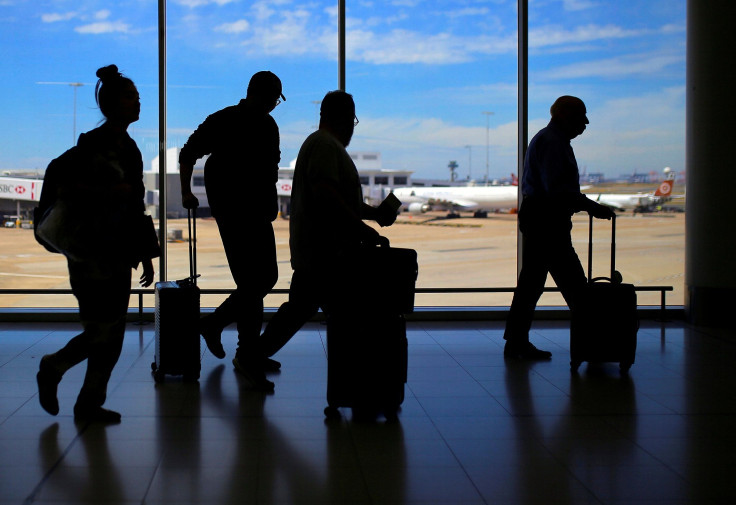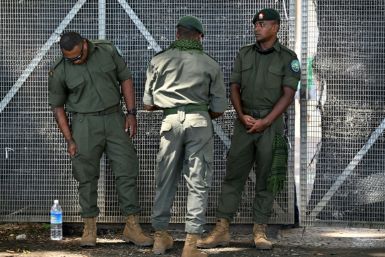Brazilian nationals arrested at Sydney airport after cocaine found in suitcase’s lining

Two Brazilian nationals were arrested at Sydney airport on Wednesday for allegedly attempting to import cocaine. The Australian Border Force (ABF) said officers found 4.5 kilograms of cocaine concealed in the lining of their suitcases.
The 39-year-old male and 55-year-old female passenger were travelling together from Sao Paulo when they were selected for baggage examination. The x-rays of their suitcases revealed anomalies in the linings. Upon further examinations, a power was revealed, and which returned positive for cocaine. The drugs’ street value is estimated at $1.5 million.
They were subsequently arrested by the Australian Federal Police (AFP) and charged with importing a commercial quantity of a border-controlled drug under S.307.1(1) of the Criminal Code 1995.
The man and woman made a brief appearance in the Central Local Court on Thursday. They will return to court on Oct. 3.
Source: The Australian Border Force Image Library
Source: The Australian Border Force Image Library
Source: The Australian Border Force Image Library
“While we can’t go into the specifics of our targeting methodologies, this is another great example of officer intuition being used to prevent harmful drugs reaching the community,” ABF Acting Regional Commander NSW Tony McSweeney said.
“We know there is a growing demand for cocaine in Australia, and local users are paying some of the highest prices in the world. My message to anyone who is lured by these potential profits is clear: Our dedicated officers have the technology, skills and commitment to detect these drugs and stop you bringing them in.”






